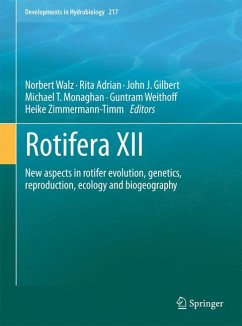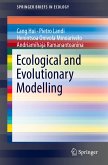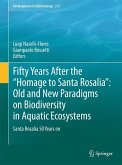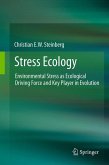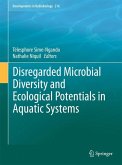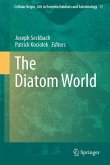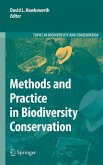Rotifera are a very common group of invertebrates and, therefore, play a considerable role in the food webs of plankton and benthos of lakes and rivers worldwide. Their ecological success is based on their distinct pattern of reproduction: a large part of them, the Monogononta, are famous for their unique mode of reproduction with parthenogenetic females and a rather rare appearance of sexuality with males. On the other hand, the Bdelloidea completely abstain from sexuality. Although many life cycle characteristics make the Rotifera ideal objects for the study of important scientific and applied questions, many patterns and mechanisms of their ecology, evolution and reproduction are still not very well known. In August 2009 leading scientists met in Berlin, Germany, at the symposium ROTIFERA XII to discuss their newest results. This book collects the most essential original articles and presents them to the broader public.
The increasing use of tools from molecularbiology has brought a paradigm shift to the study of rotifers. Together with biochemical methods, the findings from studies using these techniques are presented in the first two parts of this book, covering genetics, evolution, and reproduction. The last two parts are dedicated to innovative findings from the more traditional fields of ecology, biogeography and taxonomy.
The increasing use of tools from molecularbiology has brought a paradigm shift to the study of rotifers. Together with biochemical methods, the findings from studies using these techniques are presented in the first two parts of this book, covering genetics, evolution, and reproduction. The last two parts are dedicated to innovative findings from the more traditional fields of ecology, biogeography and taxonomy.

